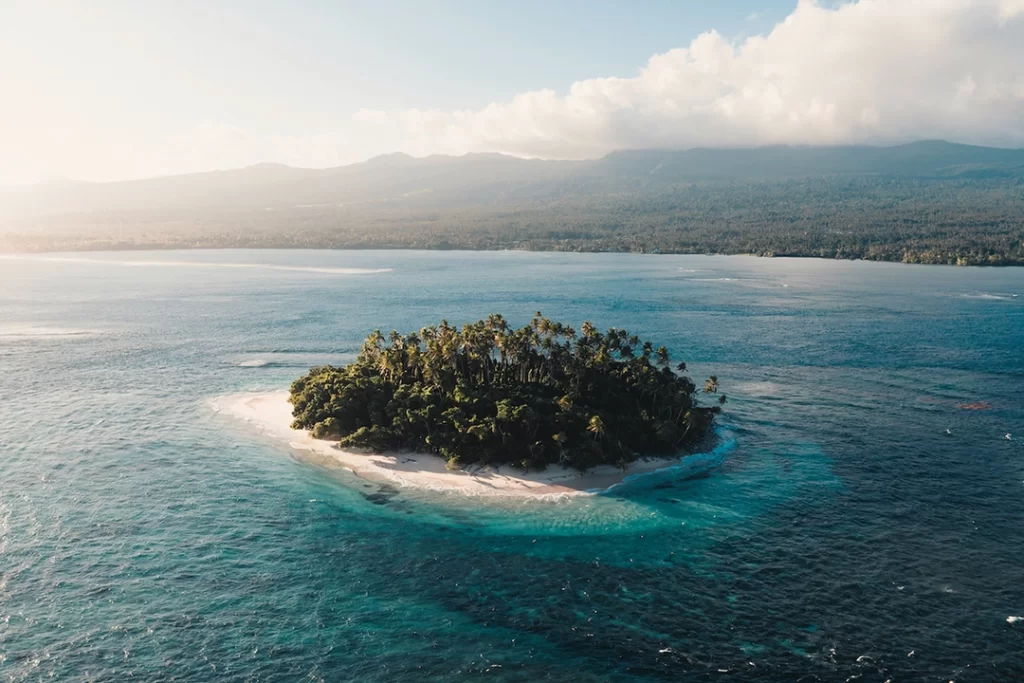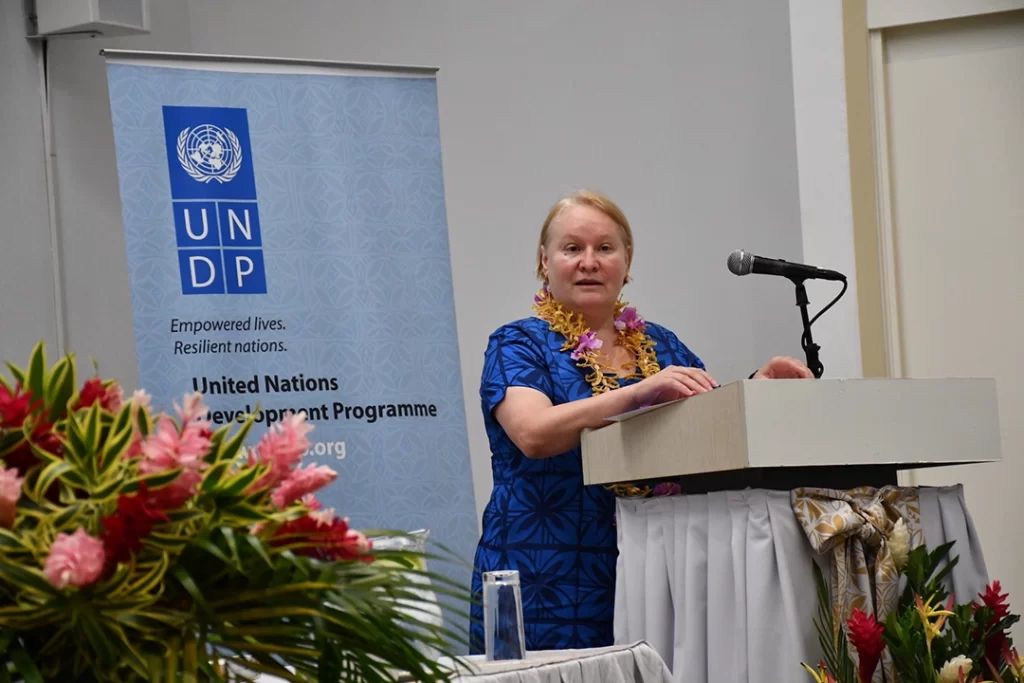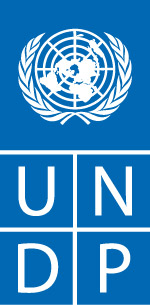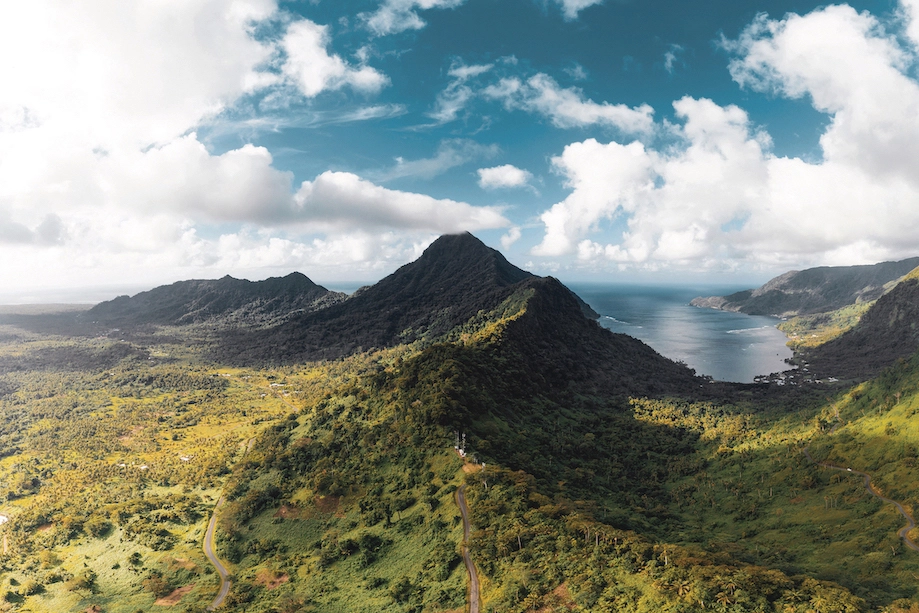As the 29th Conference of the Parties to the UN Framework Convention on Climate Change (COP29) gets underway in Baku, Azerbaijan from November 11-22, climate finance tops the agenda as the key to unlocking concrete climate actions on the ground.
Small Island Developing States (SIDS) like Samoa is following this with much interest and anticipation as a lot depends on climate financing decisions to be made at COP29, which has been aptly dubbed the Finance COP.
A lot is at stake for SIDS. The triple threats of climate change, biodiversity loss, and pollution are causing a huge strain on the world’s economic, environment and social wellbeing, even more so on SIDS, whose environments and resources are struggling under the weight of all this.

Interconnected COPs, Interconnected Crises, Interconnected Solutions
The three major UN COPs – Biodiversity COP16, Climate COP29 and Desertification COP16 – are all happening in this last quarter of the year, within six weeks of each other. This underscores the connectedness of the crises they address: climate instability, biodiversity loss, land degradation, desertification, and droughts.
Interconnected crises mean there must be interconnected solutions, and for that to happen, the agendas for all these COPs are inextricably linked. They all acknowledge that the key lies in integrated solutions to drive sustainable development. The planetary crisis can only be addressed in an integrated manner, centering nature, climate, and land.
Financing the Future
COP29 is a stock take of the previous COP’s historic agreement on the operationalization of funding arrangements for addressing loss and damage. This is a major issue for resource-constrained SIDS like Samoa.
Finance is critical to addressing the interconnected planetary crises because large-scale investments are needed to transition to a low-carbon, nature-positive and regenerative global economy. Finance is the foundation for addressing these challenges. SIDS need sustainable financing solutions to implement urgent climate action.
For example, adaptation must be planned, financed, and implemented at a scale that matches the worsening climate crisis. Adaptation to climate change safeguards people from higher temperatures, rising seas, fiercer storms, unpredictable rainfall, and other climate impacts. When planned and implemented right, with risk-informed approaches and backed by adequate funding, adaptation saves lives and livelihoods.
Building Resilience
UNDP Samoa has been working with the governments of Cook Islands, Niue, Samoa, and Tokelau to support their resilience-building efforts, but a lot remains to be done, subject to the availability of finances.
In Samoa, our work under the Climate Action Pathways for Island Transport (CAP-IT) Project is helping the country achieve its decarbonization goals. With the support of the Government of Japan, UNDP is working with the Government of Samoa to transform the land and marine transportation sectors.
We are also working with the Tokelau Government to advance its Blue Economy ambitions, which has led to the recent launch of the country’s first Blue Economy Strategy, with financing from the Joint SDG Fund. This work is critical in supporting this remote atoll to sustainably manage its marine resources for current and future generations.

In Niue, we worked with the Government to accelerate renewable energy and energy efficiency applications under the AREAN Project. Funded by the Global Environment Facility (GEF), the project has helped Niue achieve low carbon energy access, sustainable energy, and green growth targets.
We also partnered with the Cook Islands Government to implement another GEF-funded project, the Ridge to Reef (R2R), a multi-focal area programme that helped enhance the country’s capacities to effectively manage its protected areas and sustainably manage its productive landscapes at local scale.
All this work needs finances to scale it to the next level to achieve optimal impact. To continue to be sustainable, SIDS need money, as well as easy access to that money.
Current financial flows for climate change mitigation need to increase at least three times if we are to limit global warming to 2°C or below and achieve the Paris Agreement targets. Investments in climate action, nature protection, sustainable use and restoration can yield results that dramatically outweigh the upfront costs.
Looking Ahead
Whilst the situation seems dire on many fronts, the COPs also present us with a unique opportunity to tackle our most pressing issues together. It recalls a Samoan proverb: O le upega e fili I le po, e talatala I le ao. The net that becomes tangled at night is untangled in the morning. This speaks of a fresh start and an opportunity to start again, but better informed this time, with valuable lessons learnt from the past. It speaks of foresight, vision, and the need for sound planning. As the world convenes for the COPs, this maxim sums up the process and why it needs to happen.
The hope is that negotiating countries can agree on a path forward that safeguards the planet, ensuring no one is left behind, and guarantees that people can live with dignity and prosperity.
For more information, please contact:
Ms. Laufālē’ainā Lesā
Communications Analyst, UNDP Multi-Country Office, Samoa
Tel. +685 23670
Email: [email protected] | www.ws.undp.org






